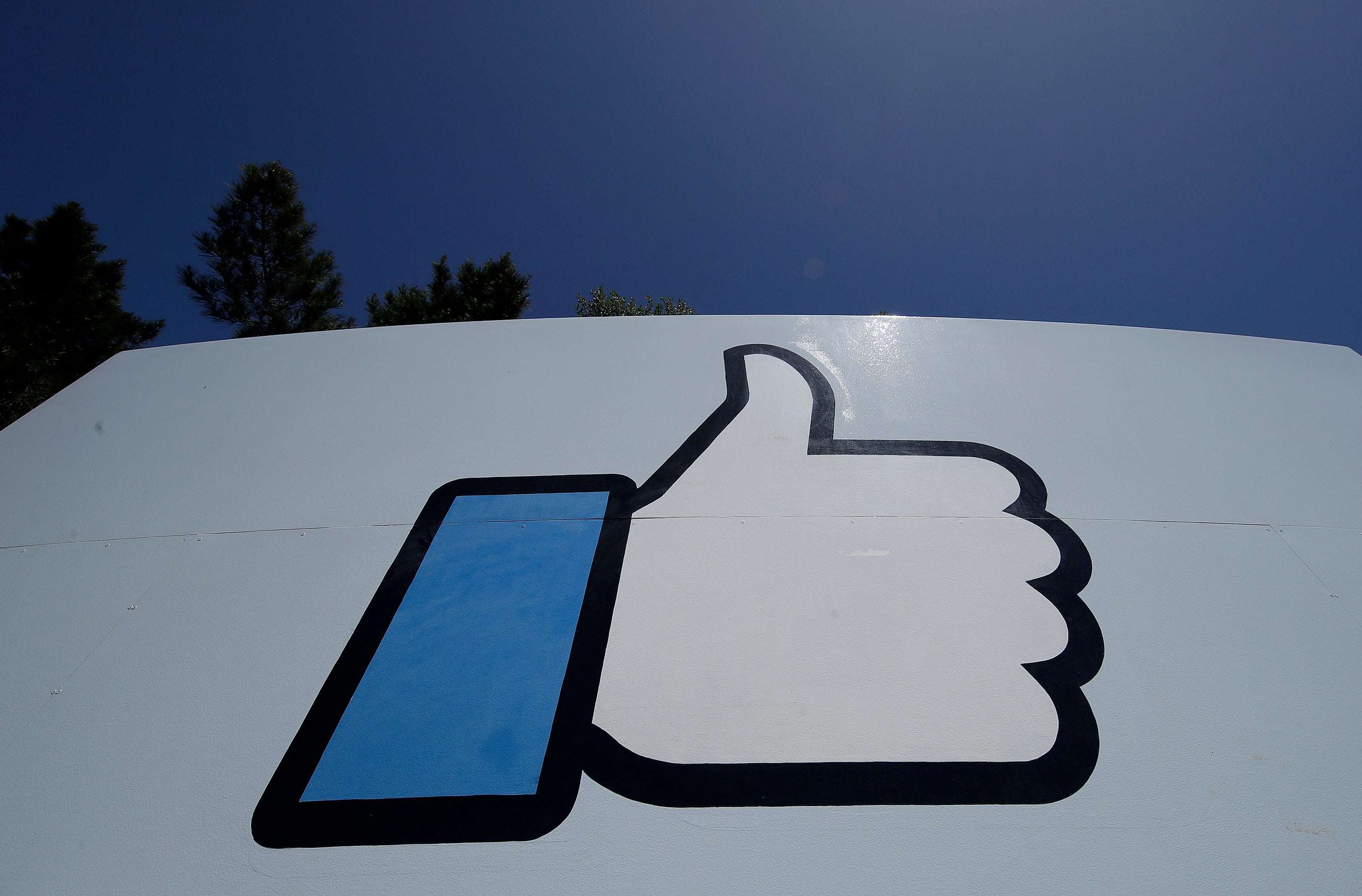Facebook's oversight board seeks details on VIPs' treatment
Facebook’s semi-independent oversight board says the company has failed to fully disclose information on its internal system that exempts high-profile users from some or all of its content rules

Your support helps us to tell the story
From reproductive rights to climate change to Big Tech, The Independent is on the ground when the story is developing. Whether it's investigating the financials of Elon Musk's pro-Trump PAC or producing our latest documentary, 'The A Word', which shines a light on the American women fighting for reproductive rights, we know how important it is to parse out the facts from the messaging.
At such a critical moment in US history, we need reporters on the ground. Your donation allows us to keep sending journalists to speak to both sides of the story.
The Independent is trusted by Americans across the entire political spectrum. And unlike many other quality news outlets, we choose not to lock Americans out of our reporting and analysis with paywalls. We believe quality journalism should be available to everyone, paid for by those who can afford it.
Your support makes all the difference.Facebook’s semi-independent oversight board says the company has failed to fully disclose information on its internal system that exempts high-profile users from some or all of its content rules.
Facebook “has not been fully forthcoming” with the overseers about its “XCheck,” or cross-check, system the board said in a report Thursday. It also said it will review the system and recommend how the social network giant could change it.
The board started looking into the XCheck system last month after The Wall Street Journal reported that many VIP users abuse it, posting material that would cause ordinary users to be sanctioned — including for harassment and incitement of violence. For certain elite users, Facebook’s rules don’t seem to apply, according to the Journal article.
Facebook is generally not bound under the oversight board’s rules to follow its recommendations.
“We believe the board’s work has been impactful, which is why we asked the board for input into our cross-check system, and we will strive to be clearer in our explanations to them going forward," Facebook said in a statement Thursday.
The report said Facebook wrongly failed to mention the XCheck system when it asked the board earlier this year to rule on its ban on former President Donald Trump’s accounts following the Jan. 6 assault on the Capitol.
“Facebook only mentioned cross-check to the board when we asked whether Mr. Trump’s page or account had been subject to ordinary content-moderation processes,” the report said.
In May, the board upheld Facebook’s suspension of Trump’s accounts, which came out of concern that he incited violence leading to the Jan. 6 riot. But the overseers told Facebook to specify how long the suspension would last. Facebook later announced that Trump’s accounts would be suspended for two years, freezing his presence on the social network until early 2023, to be followed by a reassessment.
The board said Thursday that for its review, Facebook agreed to provide the internal company documents on the XCheck system that were referenced in the Journal article. Facebook documents were leaked to the newspaper by Frances Haugen, a former product manager in the company’s civic integrity unit who also provided them to Congress and went public this month with a far-reaching condemnation of the company.
Haugen’s accusations of possible serious harm to some young people from Facebook’s Instagram photo-sharing platform raised outrage among lawmakers and the public.
The board said in its report that in some cases, “Facebook failed to provide relevant information to the board, while in other instances, the information it did provide was incomplete.”
In a briefing to the board, “Facebook admitted it should not have said that (XCheck) only applied to a ‘small number of decisions,’” the report said. “Facebook noted that for teams operating at the scale of millions of content decisions a day, the numbers involved ... seem relatively small, but recognized its phrasing could come across as misleading.”